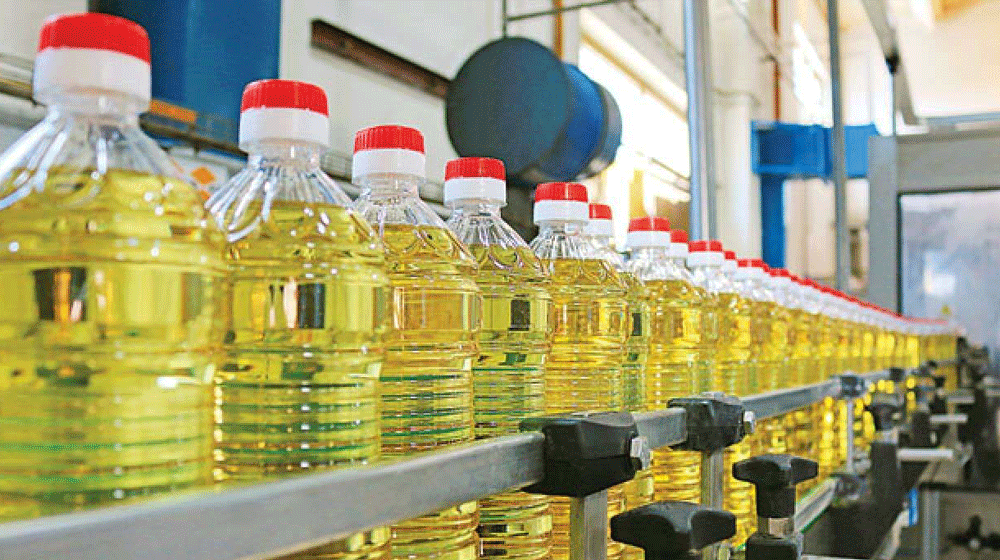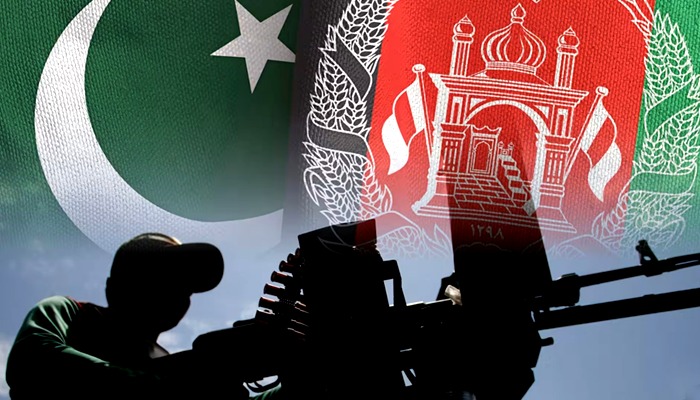Since the country resumed exports, Indonesia has awarded roughly 302,000 tonnes of palm oil export permits, according to senior minister Luhut Pandjaitan, who reassured growers and exporters that the process will be expedited.
Indonesia, the world’s largest producer of palm oil, suspended exports of the oil, which it uses for cooking, on April 28 in an effort to rein in surging domestic costs.
Exports were allowed to restart on May 23, but restrictions were put in place to protect domestic supply, including the so-called Domestic Market Obligation (DMO), which requires companies to sell a percentage of their products domestically first.
According to industry groups and merchants, the regulatory changes resulted in red tape and slow issuing of export licences, which helped maintain global palm oil prices high despite lacklustre output from rival Malaysia.
According to an official from the Indonesia Palm Oil Association, a number of palm oil mills have ceased buying palm fruits from farmers due to a shortage of exports, while farmers have complained that the price of the fruit has yet to rebound to pre-ban levels after plummeting by roughly 75%.
“If we believe that prices of palm oil fruits at the farmer level are still too low, we will adopt acceleration measures,” Luhut said, adding that the government has set aside 1 million tonnes of export quota.
In general, Indonesia exports around 2.5 million tonnes of palm oil products every month.
During a transition period following the restart of exports, Luhut said the government would require palm oil producers to sell an equivalent of 300,000 tonnes of cooking oil each month under the DMO.
At the same conference, Indonesia’s economic ministry official Musdhalifah Machmud said the government had made an adjustment to the export fee and that a regulation outlining the modifications would be issued soon. She remained tight-lipped about the situation.
Indonesia presently levies a maximum $375 per tonne fee on top of a maximum $200 per tonne export tax on crude palm oil exports. In March, the levy ceiling was lifted to promote additional onshore sales.
Meanwhile, Luhut stated that the government would conduct an examination of the palm industry to ensure that similar issues do not arise again.
Authorities have tried a confusing array of measures to restrict cooking oil prices since November, including subsidies, export permit requirements, a palm oil levy, and export prohibitions, with little result.




















